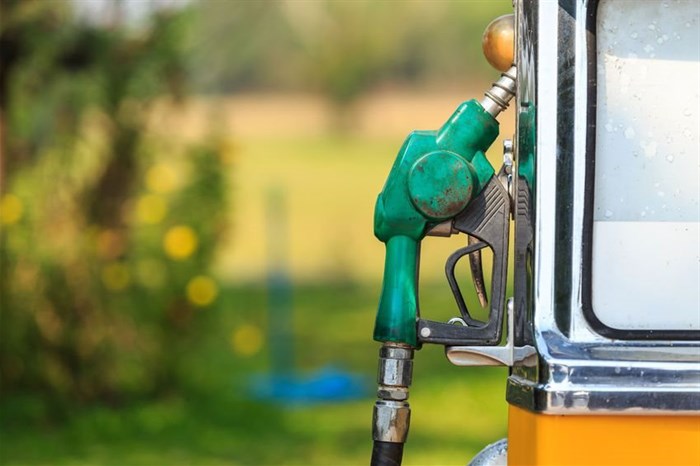
Subscribe & Follow
#AfricaMonth
Jobs
- Senior Digital Designer Cape Town
- Cashbook Accountant Cape Town
In the news
Fuel price reprieve positive development as 2022/23 agriculture season begins

Again, the continued moderation in the average international Brent crude oil price which fell sharply by 10.5% month-on-month (m/m) in August to US$94 per barrel was the main catalyst in the recent contraction in domestic fuel prices. The strengthening of the rand was a cherry on top as it added to the reduction in the price level of imported crude.
However, the recent announcement by OPEC and its allies to lower production by 100,000 barrels per day from October 2022 muddied the crude price outlook and thus a potential upside risk. Hopefully, this will be offset by the potential supply boost from Iran, if its nuclear deal with the US comes to fruition, together with the global recessionary conditions that slow economic activity.
For the agriculture sector, this is obviously good news, especially since this comes at the onset of the new summer crop season with planting in the eastern areas just a few weeks ahead. A reduction at the pump provides relief for producers who must navigate the high input cost environment with fertiliser and feed costs for livestock remaining elevated relative to last year.
The cost of planting summer crops, harvesting winter crops, and the daily distribution of fresh produce and meat to markets will be significantly reduced. Further positive news for the sector is that although still elevated relatively to 2021, most international fertiliser prices have also eased from the recent highs with the di-ammonium phosphate (DAP) and Urea prices falling by 4.4% and 1.4% respectively m/m to US$320/ tonne and US$704/ tonne.
Higher fuel prices have been one of the catalysts for the spike in domestic consumer price inflation outcomes which prompted the Sarb to embark on an aggressive interest rate tightening cycle. This raised the debt serving cost for farmers and thus the potential to constrain production expansion.
It is expected that the receding fuel costs will help ease inflationary pressures and subsequently a pause in interest rate hikes in the medium term. Our consumer price inflation and interest rate expectations are for a peak late this year at near 8% and 10.25% (prime) respectively.
Related
Flash Gala surpasses one million cartons as South African apple exports gain ground 16 May 2025 Global shifts in focus as Nampo 2025 champions farm resilience 14 May 2025 China bans South African beef imports amid FMD outbreak 12 May 2025 Record rebound in agriculture machinery sales as South Africa's rains boost crop yields 9 May 2025 South Africa's wine industry shines with 2025 vintage 8 May 2025 Entries open for inaugural South African Preserve Championships 6 May 2025













